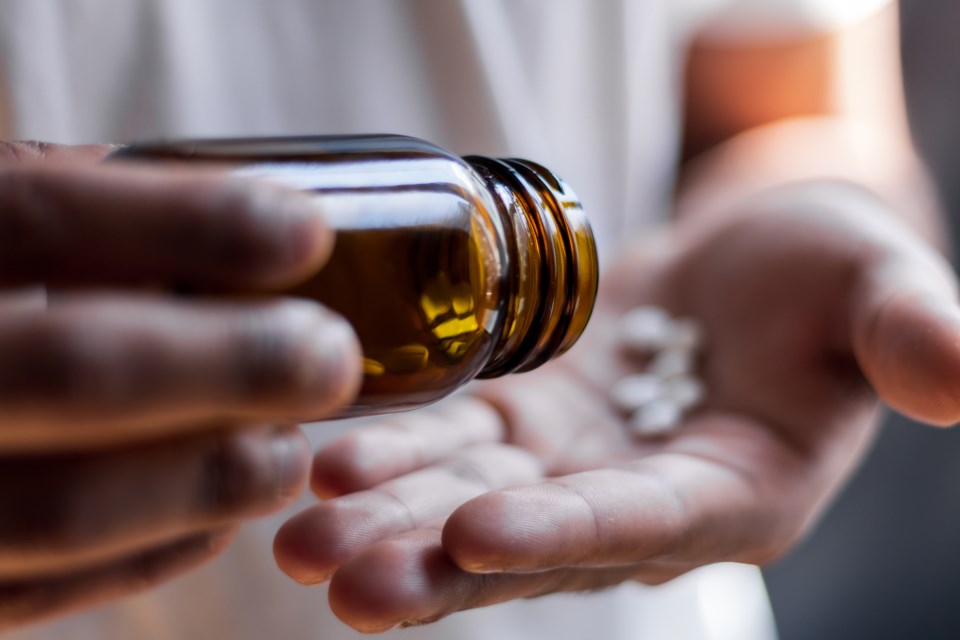Addiction to substances starts somewhere. Even though it can occur with any age (often to pain medication in older people), I would like to discuss how and why it begins with teens or young adults. Overdose (and death due to toxic substances) has become one of the highest causes of death for youth between 19 – mid 30’s (particularly young men). Drug use and/or alcohol abuse often starts with experimentation (peer pressure or trying to fit in) or self-medication in response to mental health issues, emotional stress and the inability to cope. It can be very difficult for the young person to navigate the turmoil of teen angst, family conflict, relationship heartache, expectations of young adult life, the fallout of Covid, dealing with past trauma or childhood abuse or neglect, etc. Even though drugs and alcohol may numb the emotional pain, they eventually take over the mind and body as addiction sets in.
I recently read an article interviewing an amazing young man named Ryan, who has beaten the addiction cycle with the help of his family. Ryan started using pot, then harder drugs and street pharmaceuticals as a teenager. He became dependent on opioids (narcotics) which are used to control pain and are highly addictive. Ryan quickly developed a physical and emotional dependency that took over his life, and finding drugs became an act of survival. He couldn’t sleep, eat, or even think without first getting his fix.
Ryan is lucky because of the support network that evolved around him. His parents are compassionate and loving people who tried many strategies to reach their son and encourage him to change his ways, including tough love. The tough love strategy involves establishing strong boundaries, ultimatums, and often harsh consequences for any undesirable behaviour. This is often the first response that parents and family of an addict have, which leads to a lot of young people living on the streets without support. Ryan’s parents came to realize that the tough love method was not working and it felt opposite to what they felt in their hearts, which was unconditional love for their son. They were in constant fear of losing him so any ultimatums didn’t feel right. For a parent of an addict, there are many emotions that can be overwhelming including fear, guilt, anger, resentment, shame, deep sadness and grief for the child lost to drugs. All these unavoidable emotions make it very difficult to know which tactic could help their child, and the parents often resort to trial and error. Ryan’s parents realized that they needed to understand him and understand his addiction in order to help him, and they found a way to bring unconditional love into the equation. Shaming doesn’t work with an addict, as shame is often a big part of why they self-medicate. Ryan told me that the antidote to addiction is connection. Feeling loved no matter what means everything.
Ryan and his parents worked out some healthy boundaries in order for Ryan to stay in the house. They developed an honest, compassionate way to communicate in their attempts to understand each other. Ryan’s parents were able to raise money to send Ryan to rehab, but Ryan relapsed shortly after getting out. This was a real test for their family, as with all families that go into dept or remortgage their homes to try to save their kids. For the family who feels they have made a huge sacrifice for their addicted kids, only to feel it was all for nothing – it isn’t that way. Most people who go to rehab for drugs and alcohol will relapse afterwards, but that is also part of the process of healing the addiction.
People cannot heal addiction alone. They need support from family, friends and others who have been there before. Just one person can be a lifeline. In every community there are resources such as AA (Alcoholics Anonymous) or NA (Narcotics Anonymous) or Sources. Your local health unit will have the contact information. Recovery may take years and sometimes a lifetime. The addict not only has to heal their own cravings but also their relationships with family, friends, community and most of all, their relationship with themselves. All people in recovery have to also face their own ghosts and work on their attachment to shame and lack of self-worth. Solid relationships based in unconditional love and support are the best medicine. Connection is everything.
Since his recovery, Ryan has worked as a second responder for those who have lost themselves to drugs. He started volunteering as something therapeutic for himself and now he is an invaluable member of the White Rock Community Action Team ‘Tides of Change’ program. Ryan hopes that sharing his story can encourage even one person to start the road to recovery.
I have known Ryan since he was born, as I am his auntie. I have watched him grow up, prayed for him through his years of struggle, believed in him always, and am delighted to see him become this amazing young man with so much purpose. He is truly an inspiration and I couldn’t be prouder of him.
Claire Nielsen is a health coach, author, public speaker and founder of www.elixirforlife.ca. The information provided in the above article is for educational purposes only and is not a substitute for professional health and medical advice. Please consult a doctor or healthcare provider if you're seeking medical advice, diagnoses and/or treatment.




